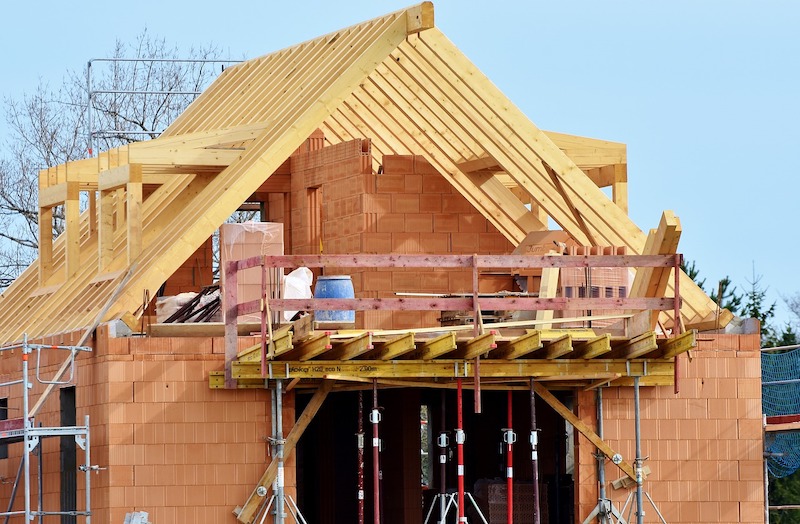The International Code Council made an unpublicized deal with the National Association of Home Builders that has effectively blocked efforts to boost energy efficiency and structure resiliency in the ICC’s code development, according to a report in the New York Times.
The previously undisclosed written agreement guarantees NAHB representatives four of the 11 voting seats—enough to stymie certain new code provisions—on two committees that approve building code revisions, according to critics. This pact has helped enable the trade group to prevent changes that would have made new houses in much of the country more energy-efficient or more resilient to floods, hurricanes, and other disasters, the Times report says.
Before NAHB members gained seats on the energy committee, the energy efficiency of those building codes increased 32% over six years. After the homebuilders’ industry’s influence expanded, that number was less than 3% over the same amount of time, the Times report says.
NAHB officials say that the agreement is appropriate, given that its members are most impacted by the codes. Critics charge that the arrangement has thwarted important code provisions such as mandates for tougher foundations in flood-prone areas and measures to ensure that roofs were less likely to blow off during hurricanes.
Related Stories
| Mar 22, 2012
Bill would reintroduce “opt-out” provision in lead paint law
The Lead Exposure Reduction Amendments Act of 2012 (S2148) would restore the "Opt-Out" provision removed from the Environmental Protection Agency's Lead Renovate, Repair and Painting (LRRP) rule in April 2010.
| Mar 15, 2012
New Florida building code establishes flood and storm surge provisions
The new 2010 code establishes minimum design and construction requirements to protect buildings from wind, rain, floods, and storm surges.
| Mar 15, 2012
Illinois city rejects international code due to home sprinkler requirement
Macomb, Illinois aldermen voted to recommend that the city not adopt 2012 international building and residential code standards requiring the installation of overhead sprinkler systems in newly constructed one-family and two-family homes.
| Mar 15, 2012
Tenant advocates propose licensing landlords in New York City
With thousands of New York City rental units posing potential dangers to tenants, city advocates are proposing measures to make landlords improve building safety.
| Mar 15, 2012
Construction industry a big winner in federal small disadvantaged business procurement
Last year, only 5% of federal contract dollars went to small disadvantaged businesses. Construction and facilities support firms were the biggest beneficiaries.
| Mar 15, 2012
ANSI approves new fall protection standards
The American National Standards Institute (ANSI) has approved two American Society of Safety Engineers' (ASSE) standards addressing fall protection.
| Mar 8, 2012
Engineering innovation provides new option for meeting seismic codes in skyscrapers
Two University of Toronto engineers have developed “viscoelastic-energy-dissipating dampers” to replace many of the heavy concrete beams used in tall structures.
| Mar 8, 2012
CSI webinar on building code compliance March 22
A March 22 webinar will provide an overview of a 28-step process during the design of a building to ensure compliance with building codes.















